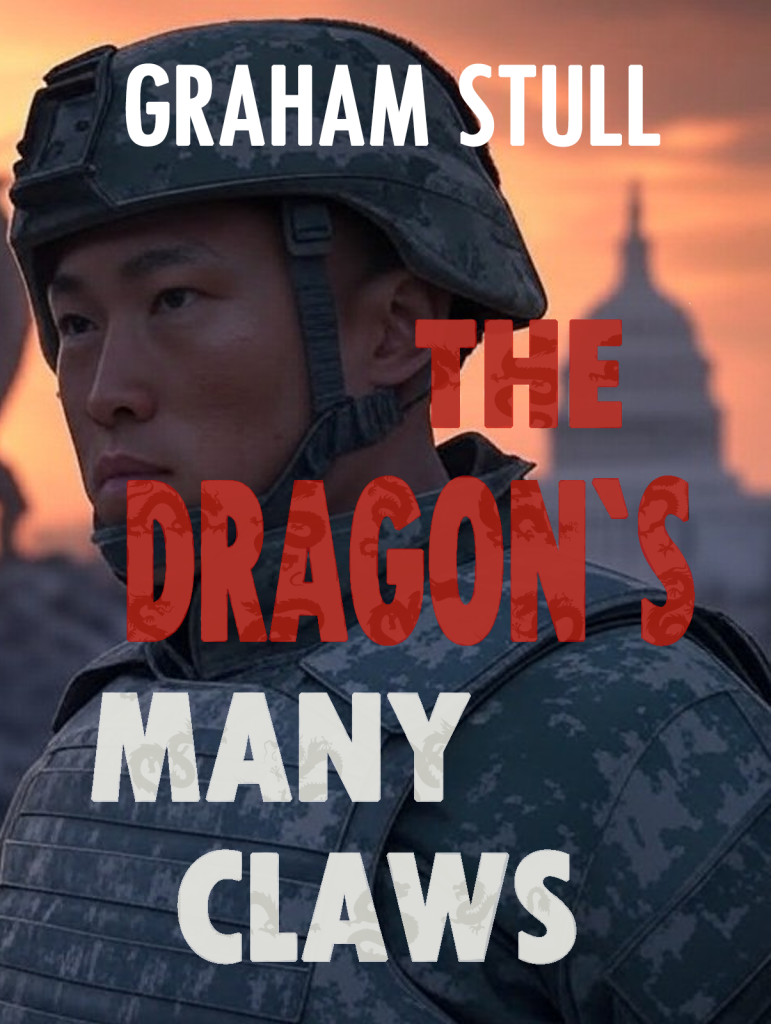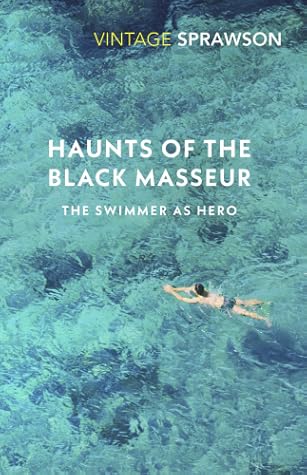What happened to his days
Of wasted cafe stays
Coffees nursed and nursed again
‘Til nothing more remained
But stains of foam and a few stray grains?
What happened to his pads of note,
Filled with self-important poems?
Thoughts to which he gave a home.
By hand he wrote those dog-eared tomes,
The most precious things he owned.
What happened to that quick and hungry kid
Who slid through life amid
A thousand storms and strife and grit,
In hopes he’d win his long-shot bid
To rid himself of hunger, the need for speed and grit?
Now with coffee cup and belly full
With notepad empty, feelings dull
He’s left to mull
What happens when a vibrant mind –
Through wine and time –
Becomes a sunken skull.



 My rating:
My rating: 
